The Southern Home Counties consist of Surrey, Kent, and Sussex. Like the other Home Counties, they are close to London, and economically more prosperous than the rest of the UK. The economies of these three counties have traditionally been based in activities such as agriculture and construction. However, the services sector has in recent years accounted for in increasing percentage of employment.
Surrey
Surrey is the wealthiest county in the United Kingdom, with the highest GDP per capita and a much larger proportion of millionaires than any other county in the UK. In addition to enjoying a close proximity to London, Surrey's economy is boosted by the fact that many major companies are headquartered in the county. International companies that have head offices in Surrey include Nikon, Whirlpool, Nestlé, and Esso. Surrey is a popular option for firms that need to be located close to London, but are put off by the high cost of renting office space in the capital.
Kent
Due to the spectacular natural beauty of the county, tourism is playing an increasingly important part in the Kent economy. Visitors from all over the world visit Kent to see attractions such as the White Cliffs of Dover, Leeds Castle, Dover Castle, and much more. As a result, a large proportion Kent's population are employed in services catering to the tourism industry.
Kent is also home to Kent Science Park. It is one of the biggest science parks in the South East, and aims at nurturing local companies in the science and technology industries. The park provides flexible offices in Sittingbourne, suitable for companies of all sizes and stages of development. In addition to office space, the park also provides a conference centre, an ICT training centre, a lecture theatre, and meeting rooms. Workers at the park can engage in numerous physical activities at the site, including tennis and football.
Sussex
In recent years Sussex has seen an influx of companies operating in new industries, such as digital media. Concerted efforts have been made to develop the county's economy, and help it achieve its full potential. One such initiative is the Greater Brighton City Deal. The aims of this project include creating 1,300 jobs in the short-term and 8,500 jobs in the medium term. The project will also provide more than 22,000 sq ft of office space in East Sussex, specifically for the use of companies in the creative technology industry. Ultimately, the project aims at establishing Brighton and Hove as a new centre for technology in the UK, under the moniker "Tech City South".
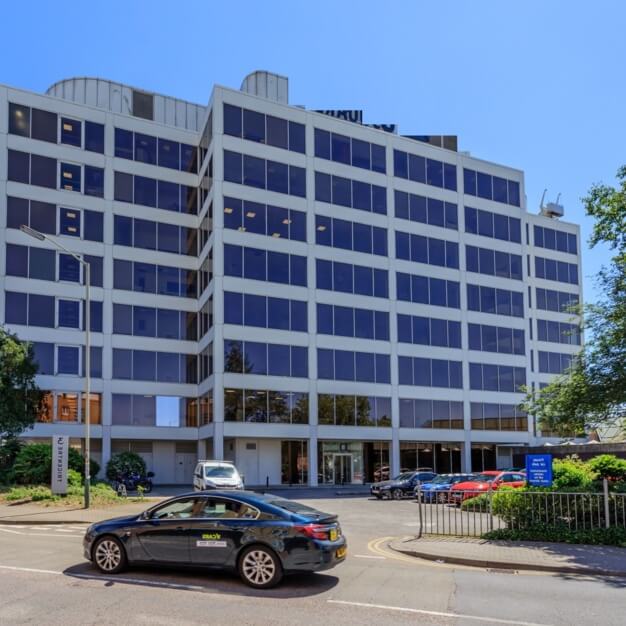
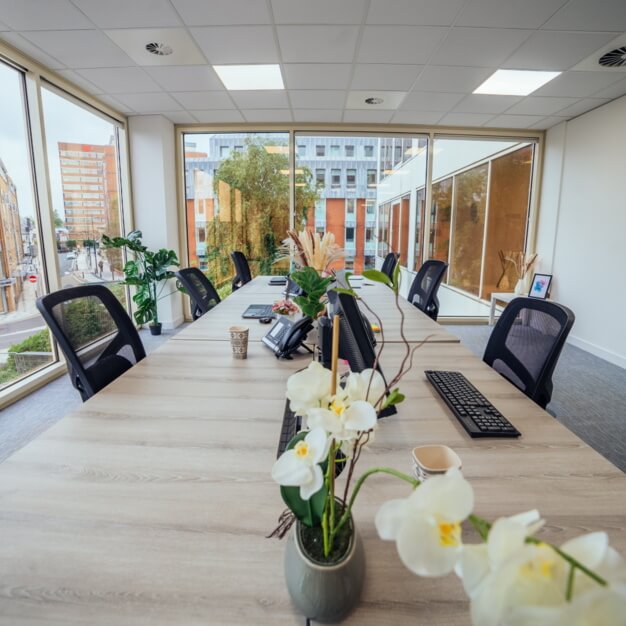



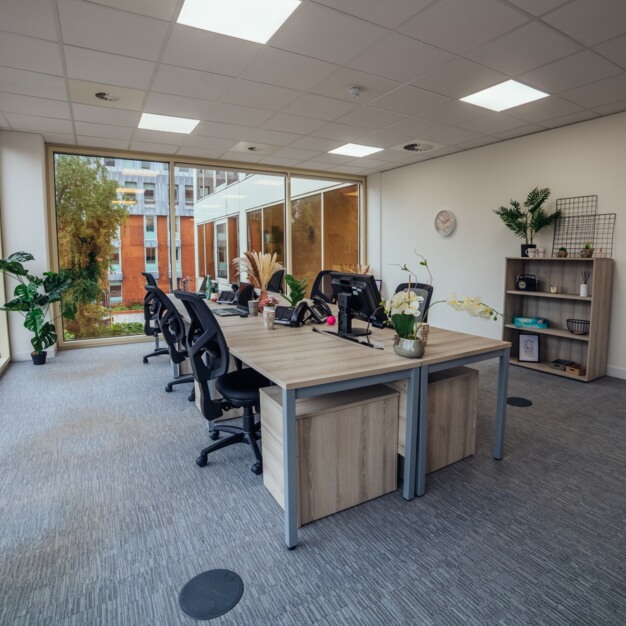




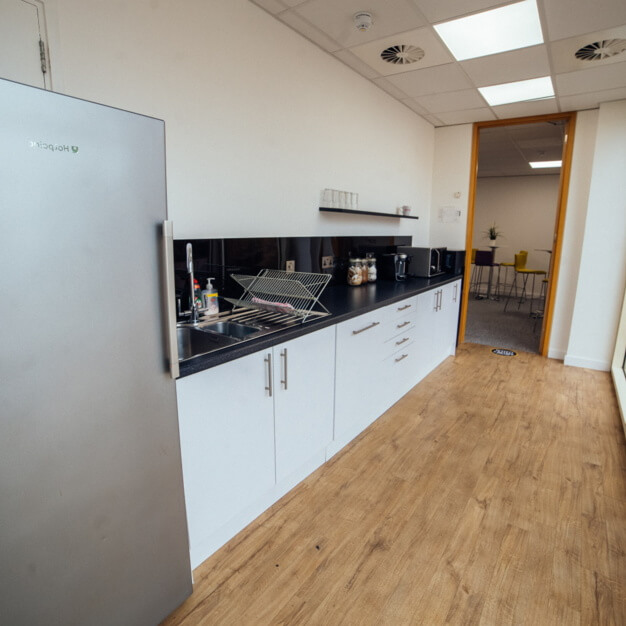
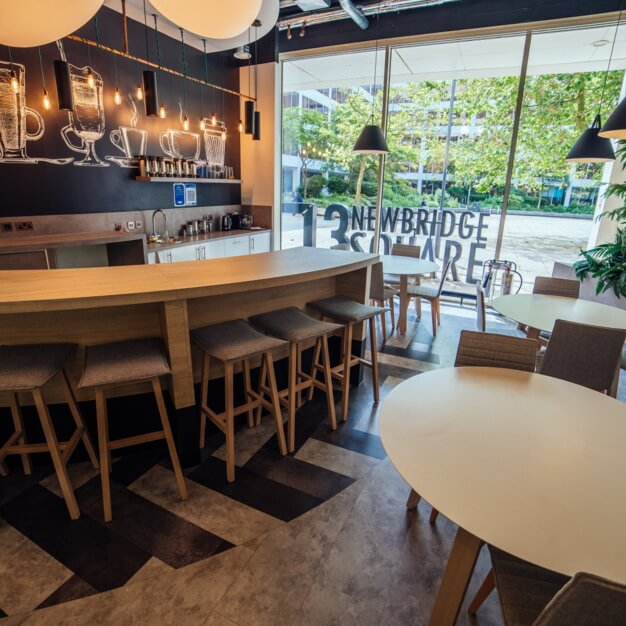
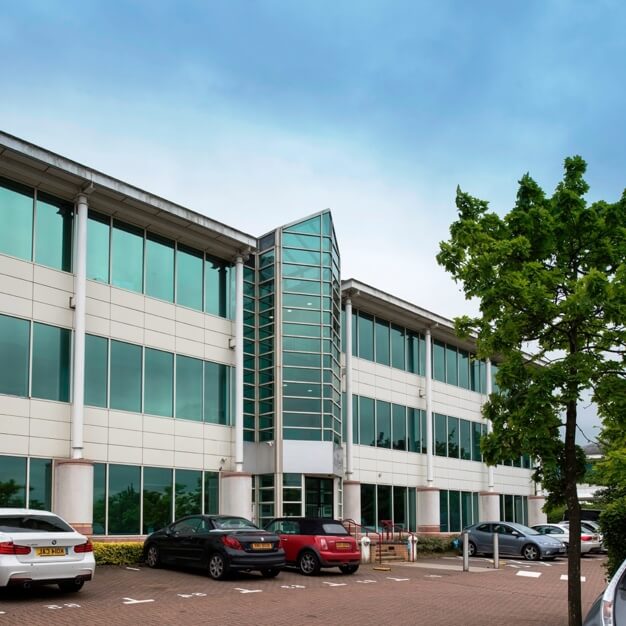
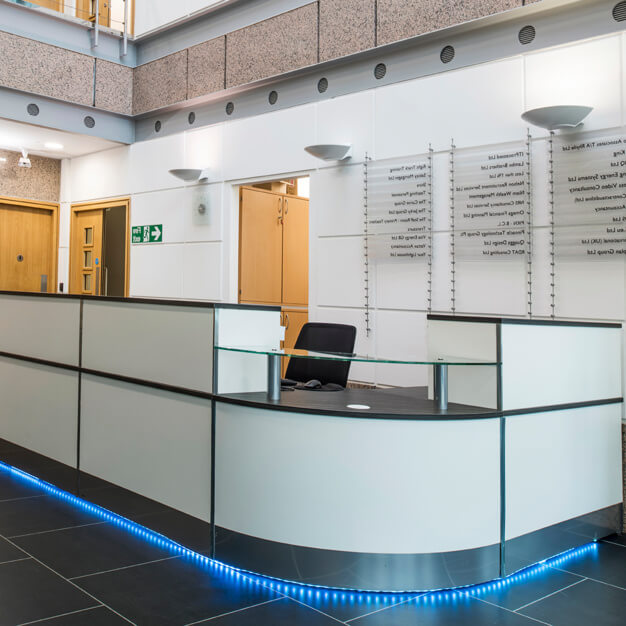
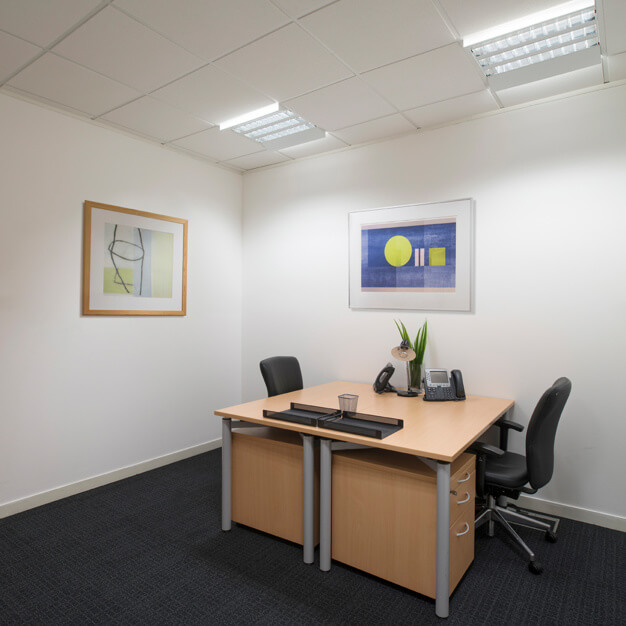
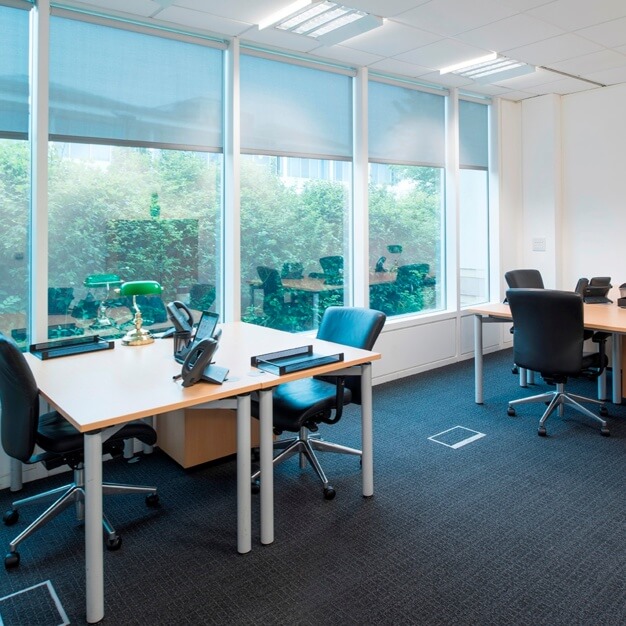
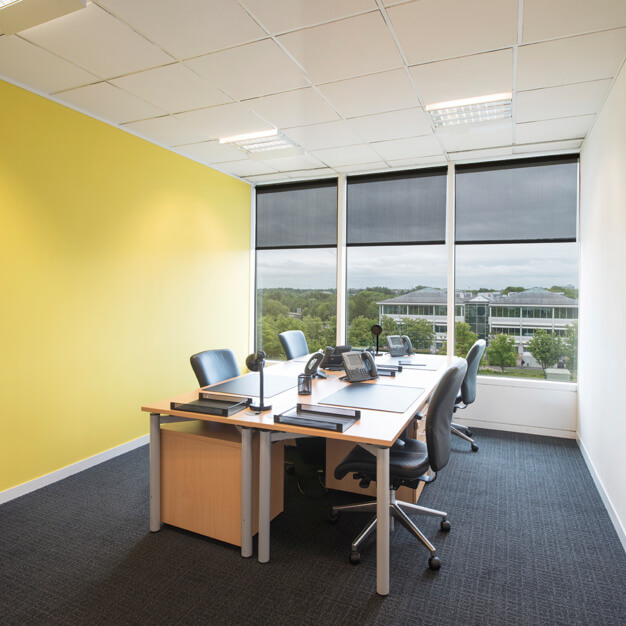
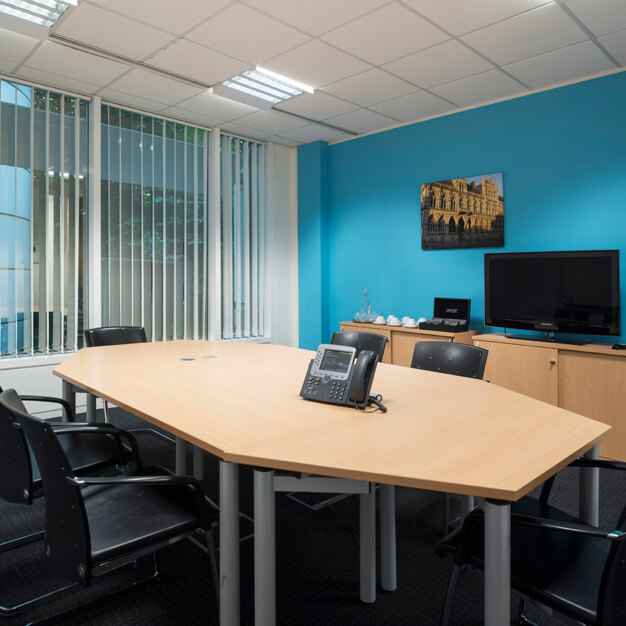
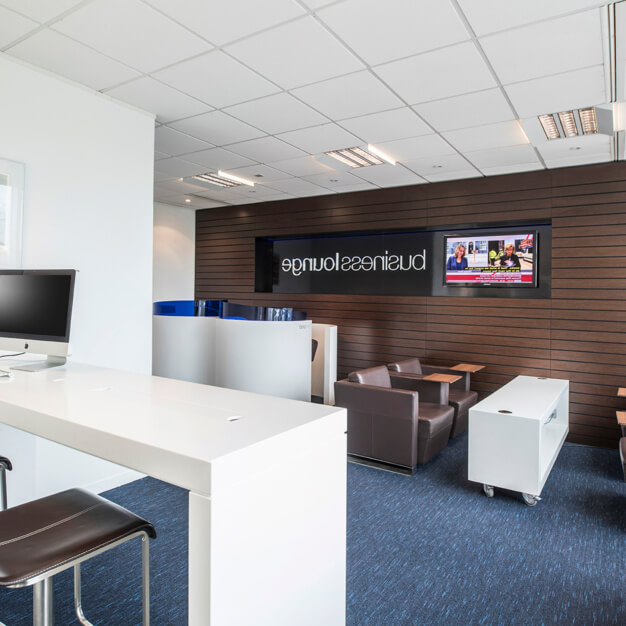
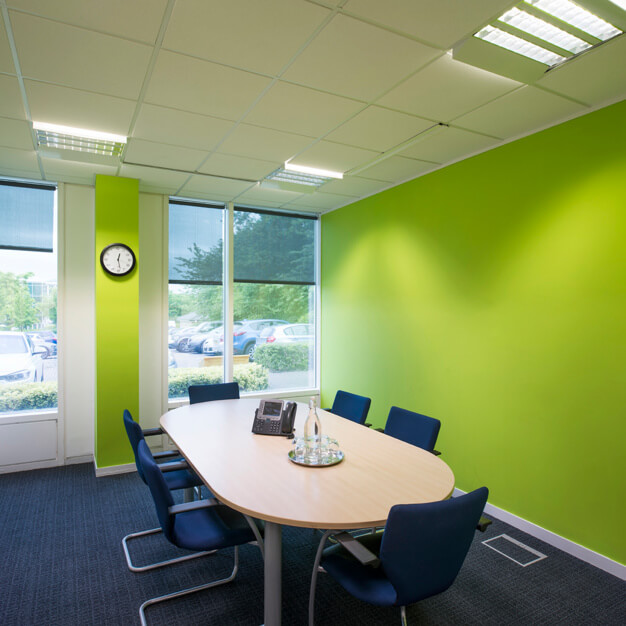

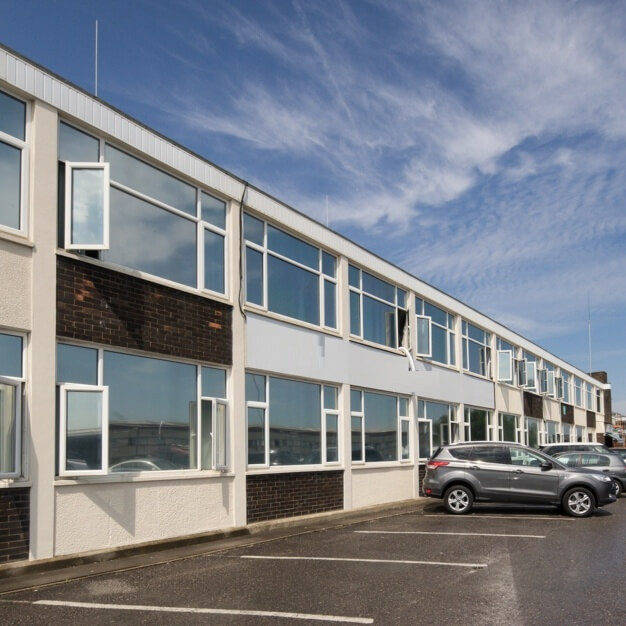
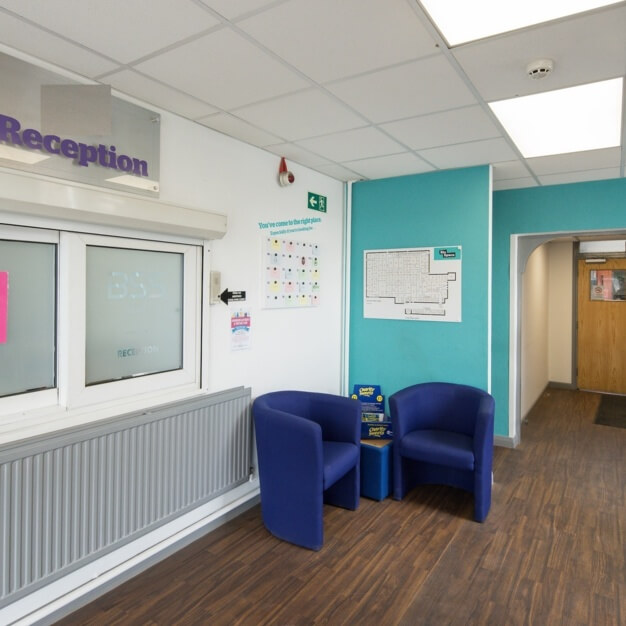
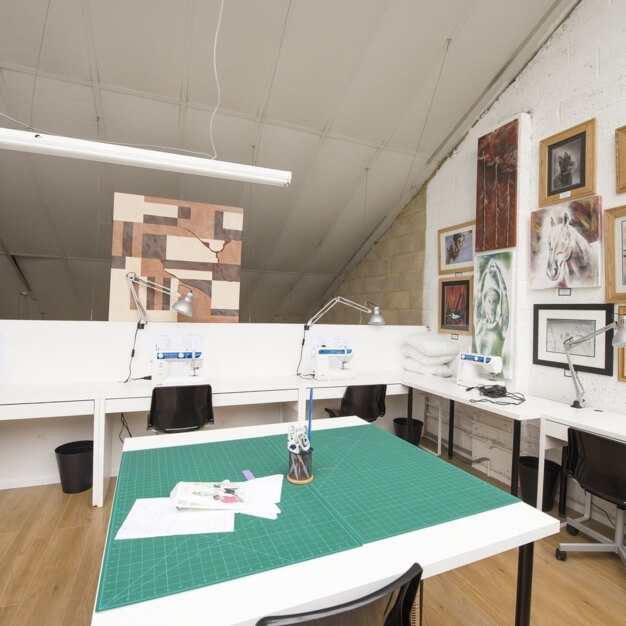
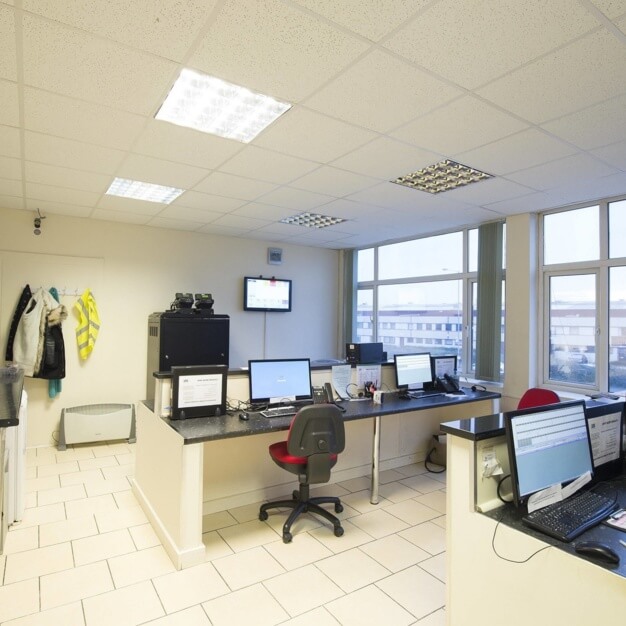
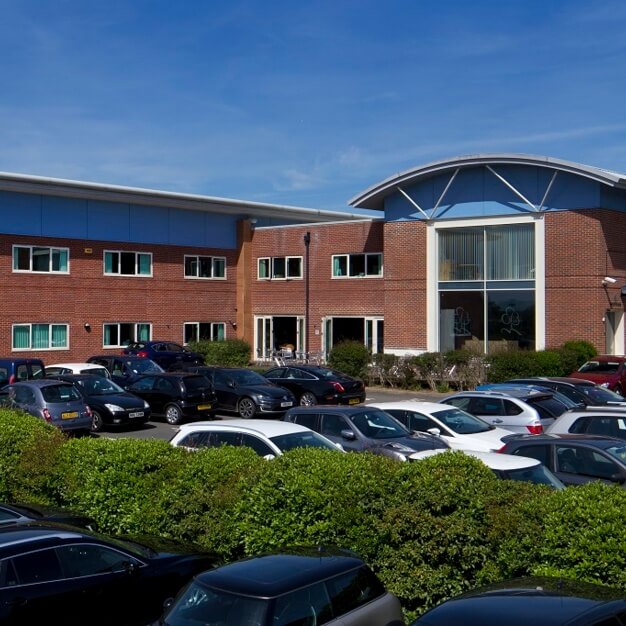
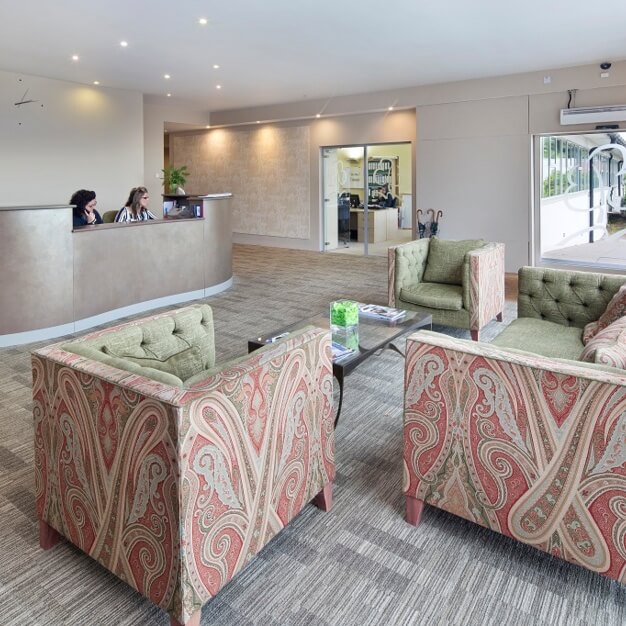
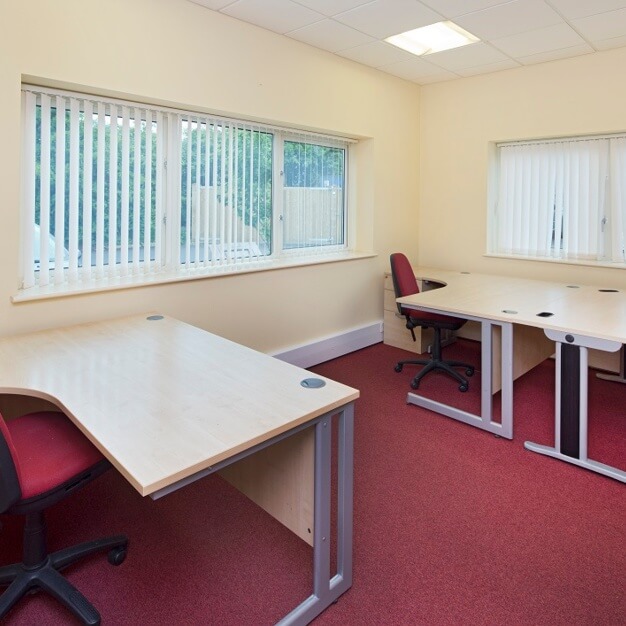


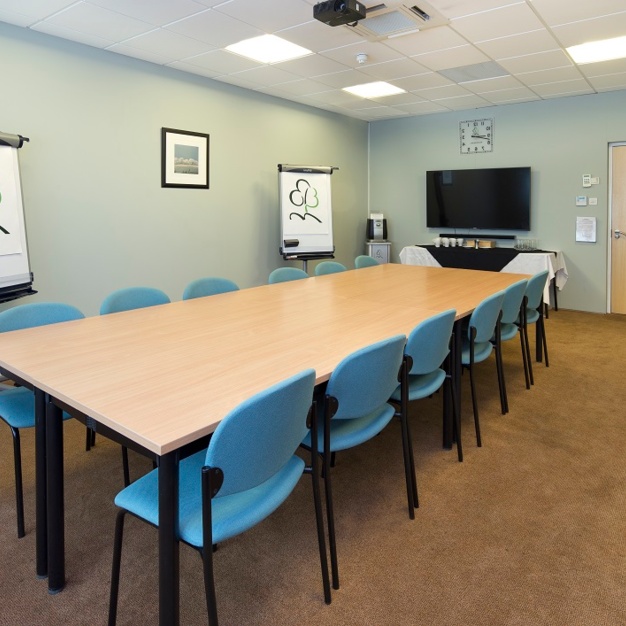

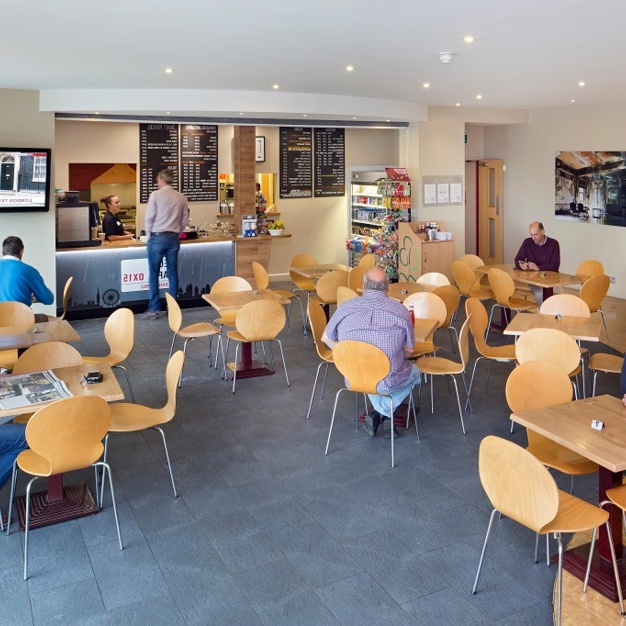
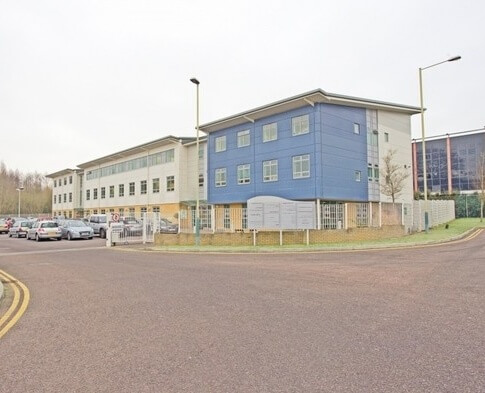
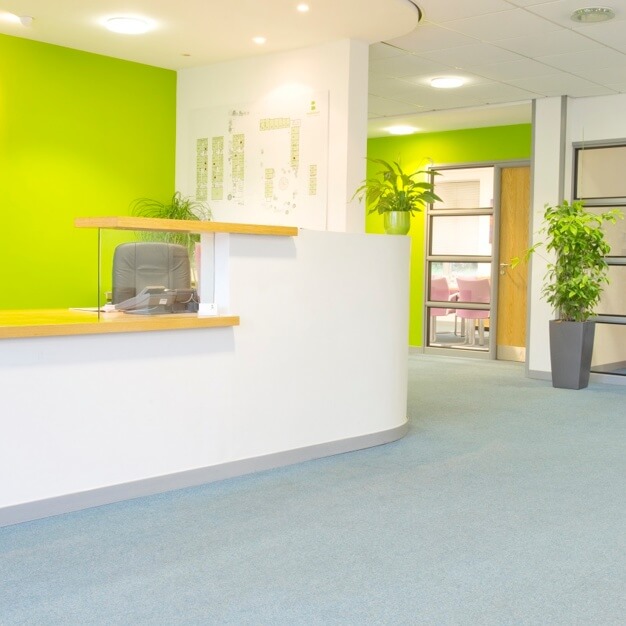



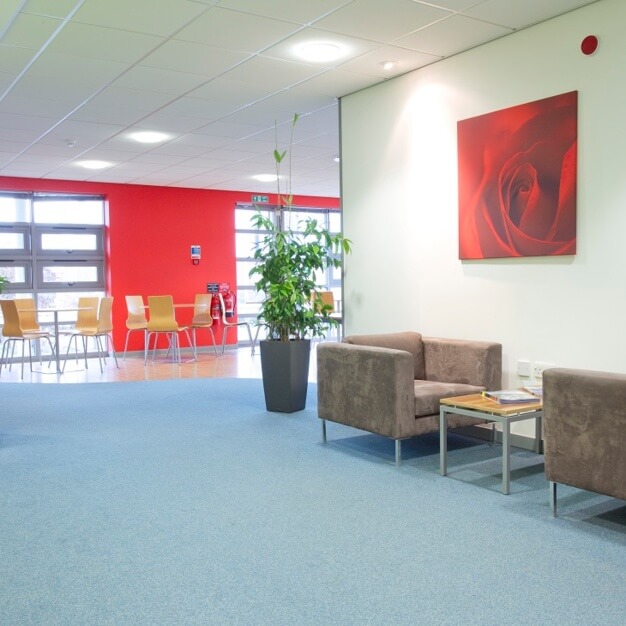

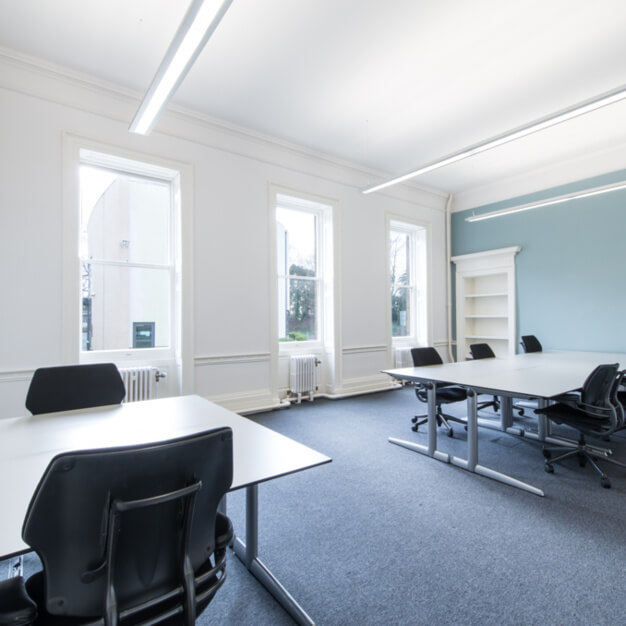




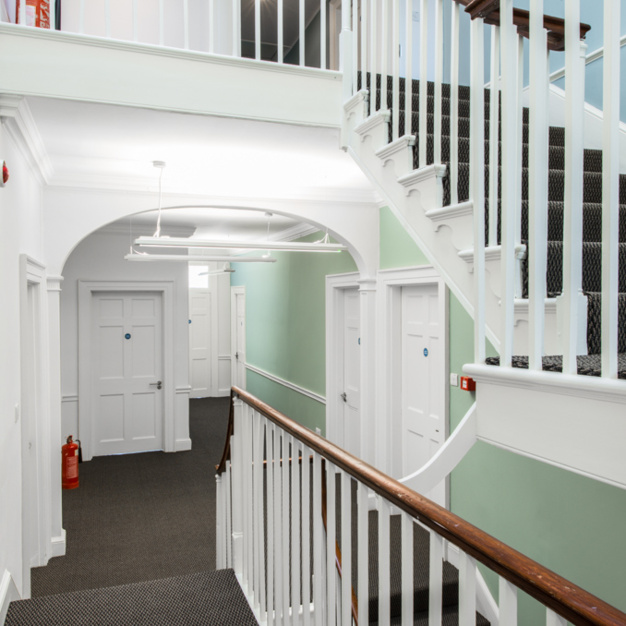

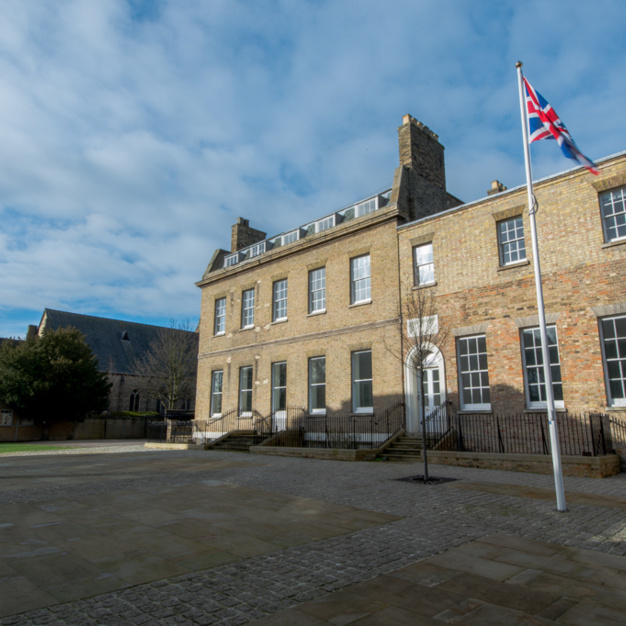
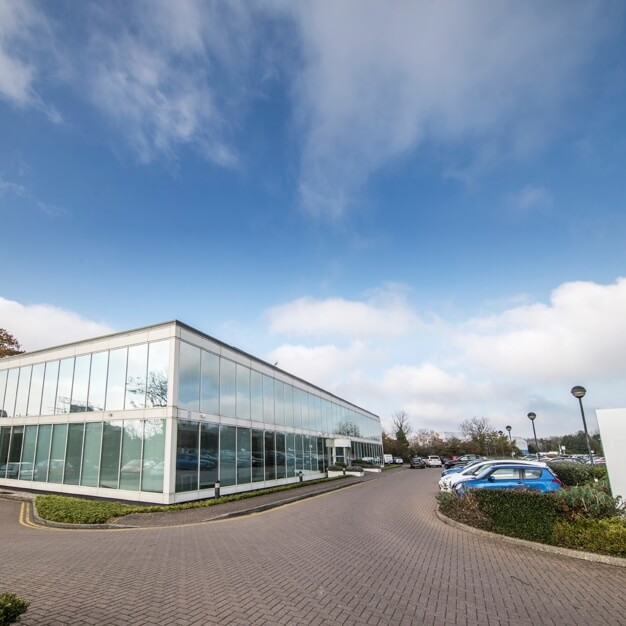
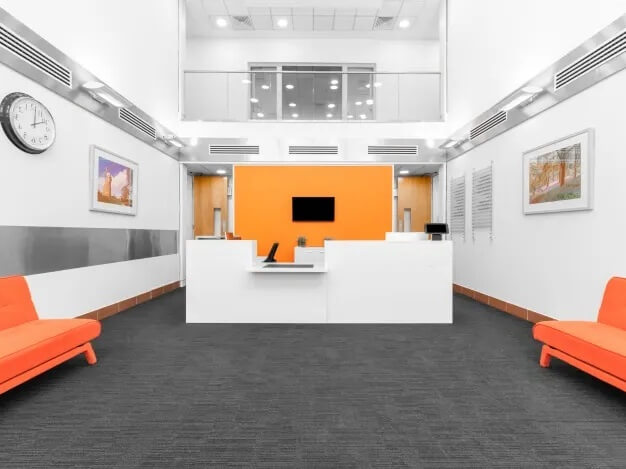



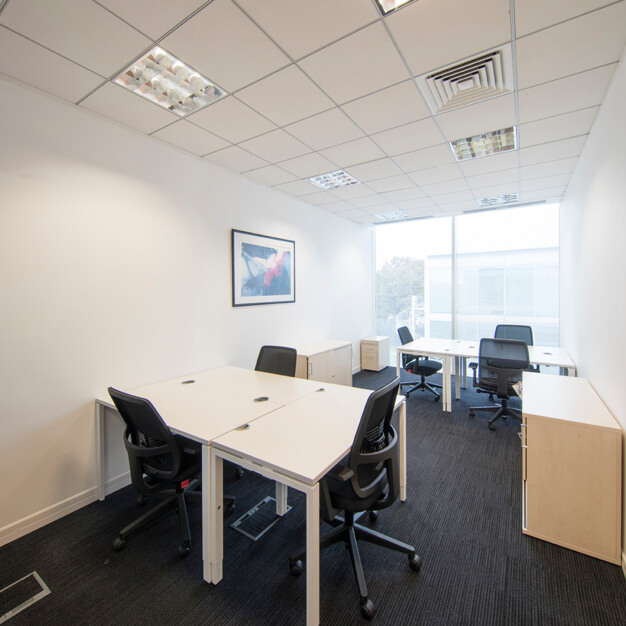

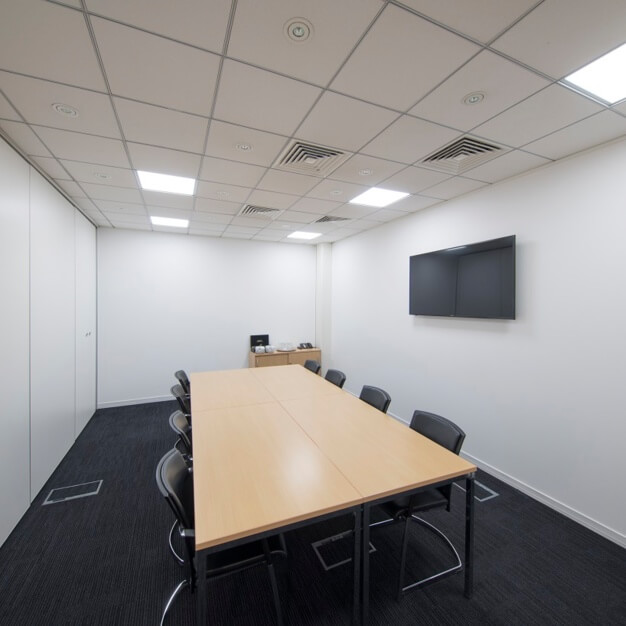
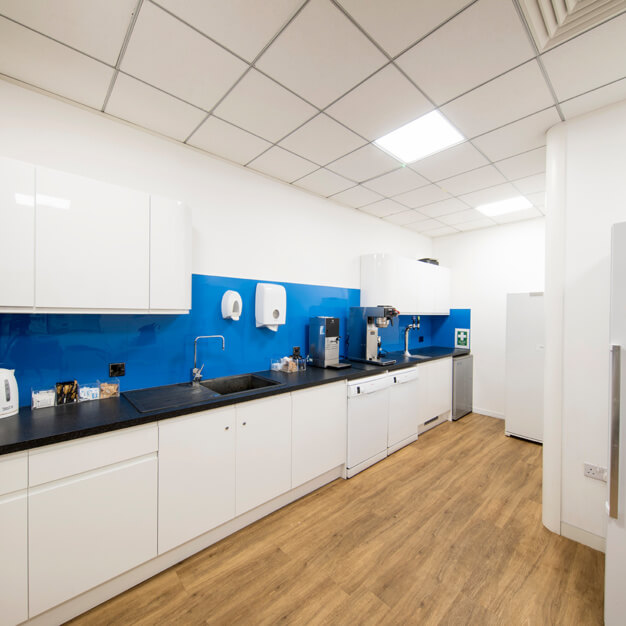

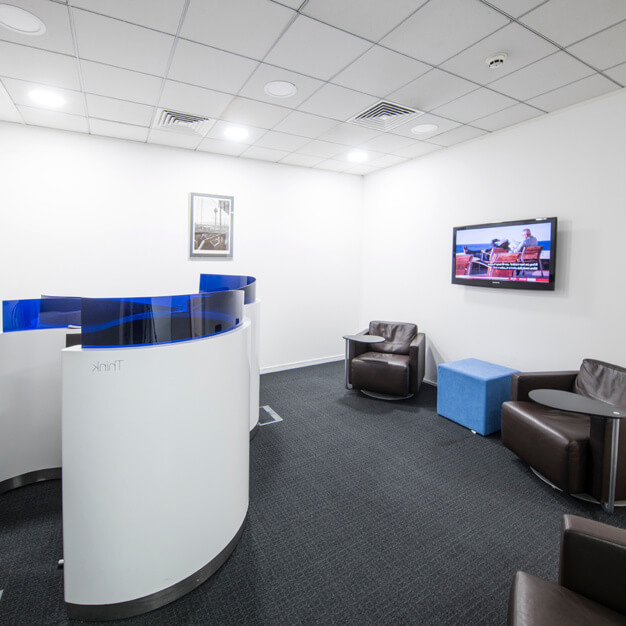
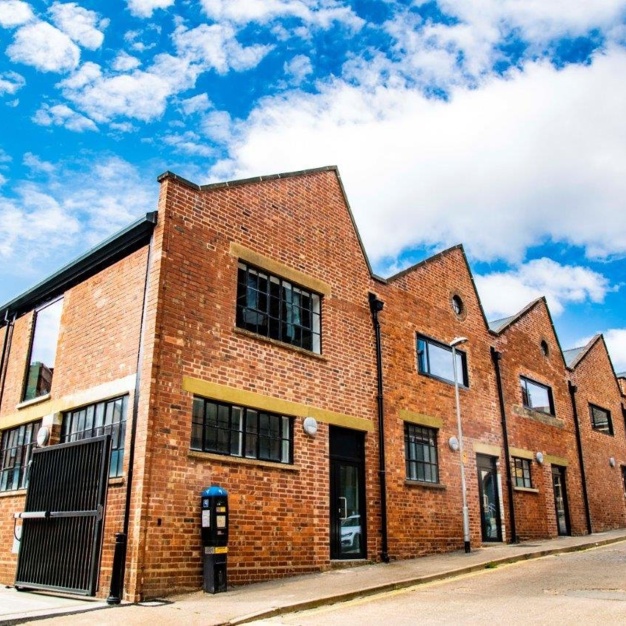
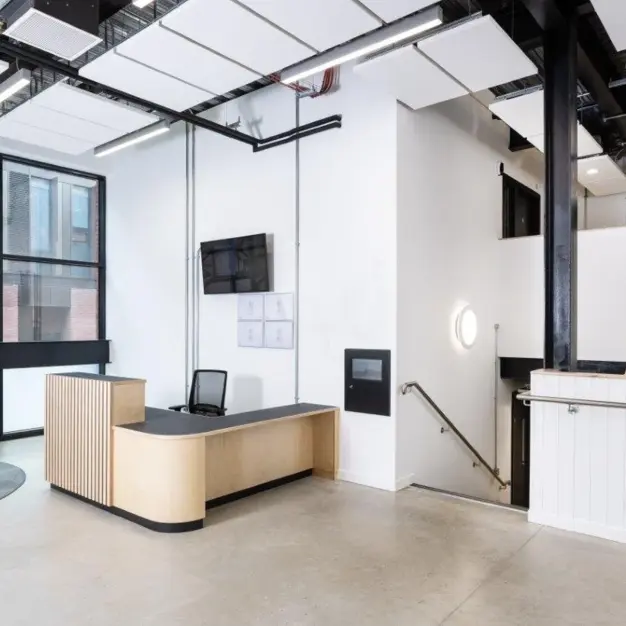


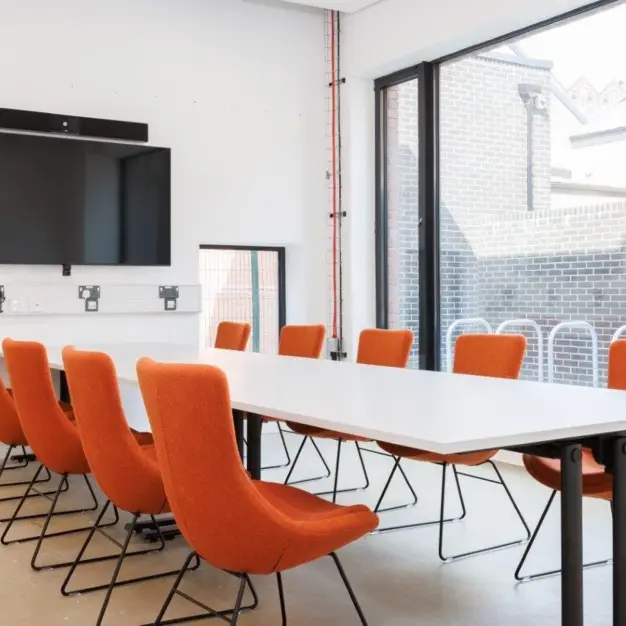





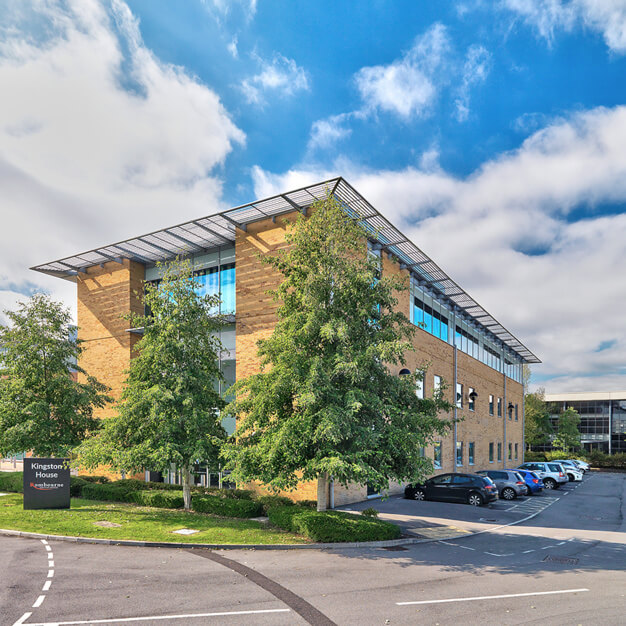

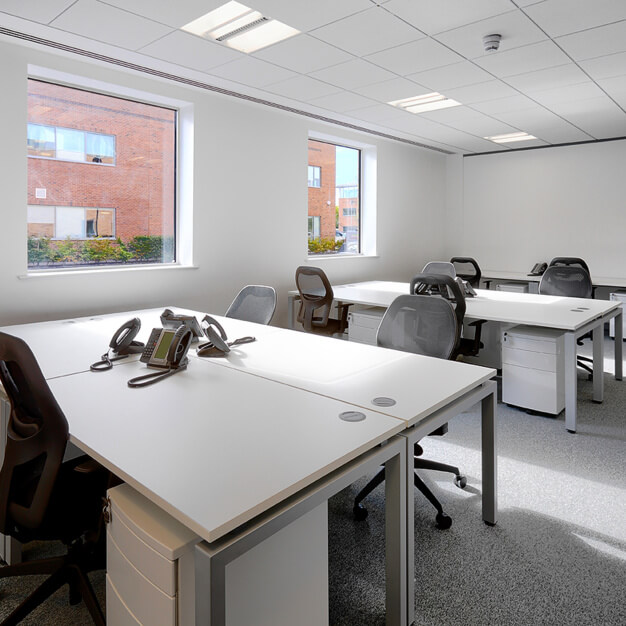
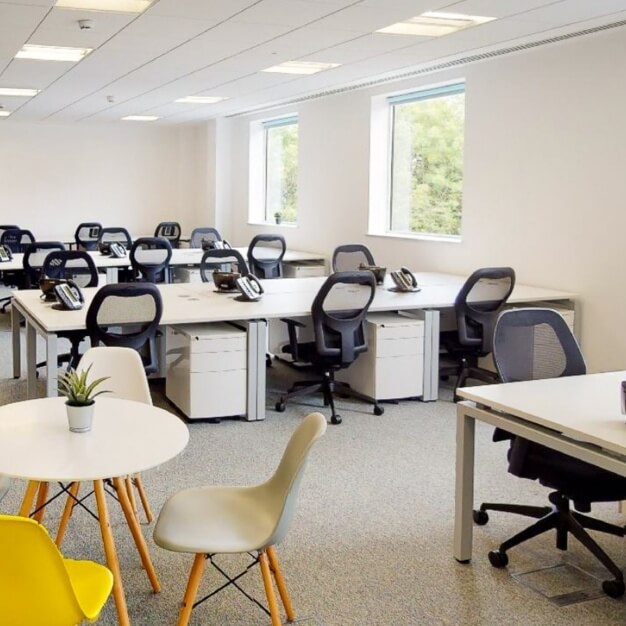


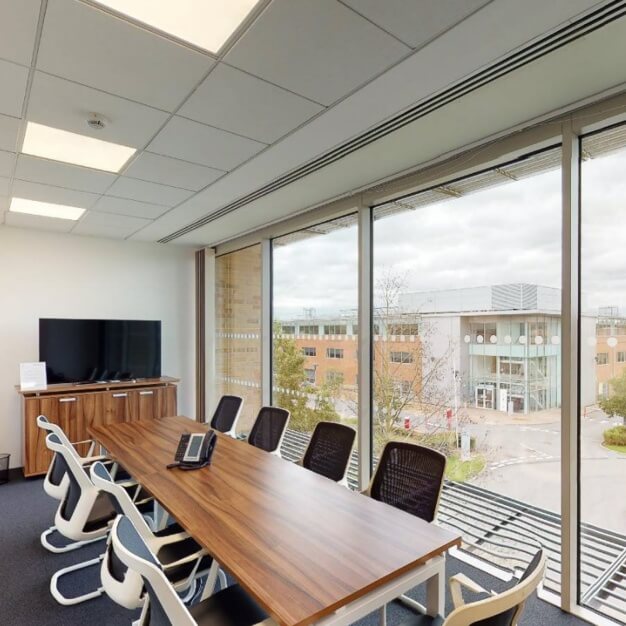
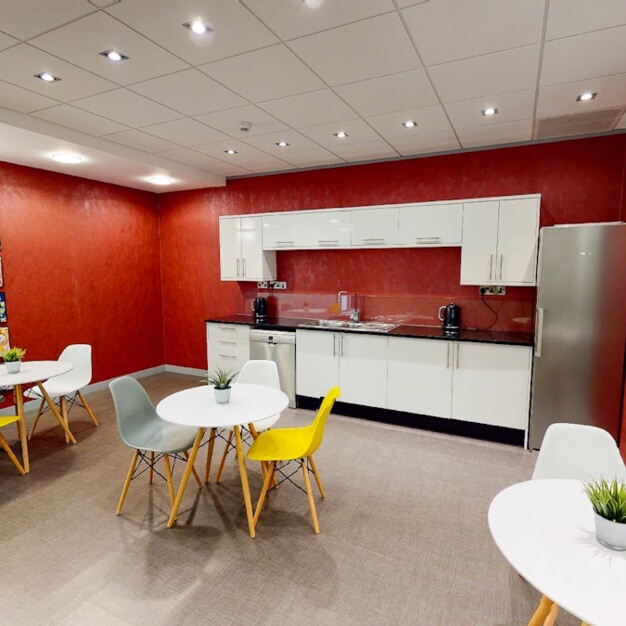
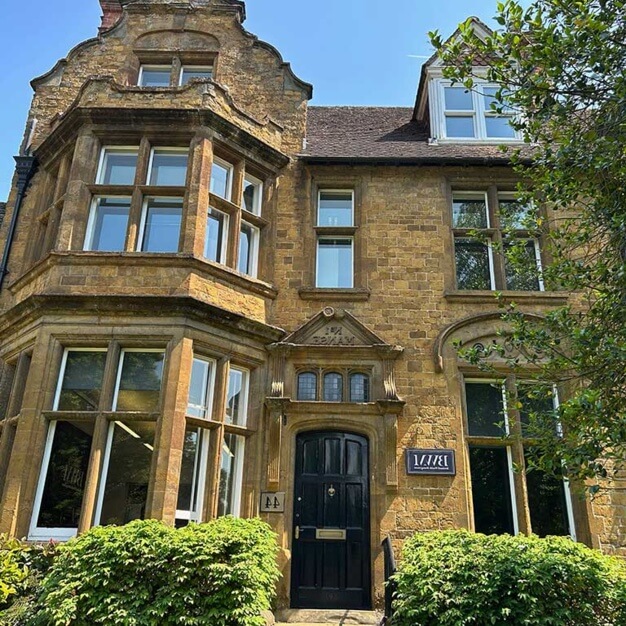



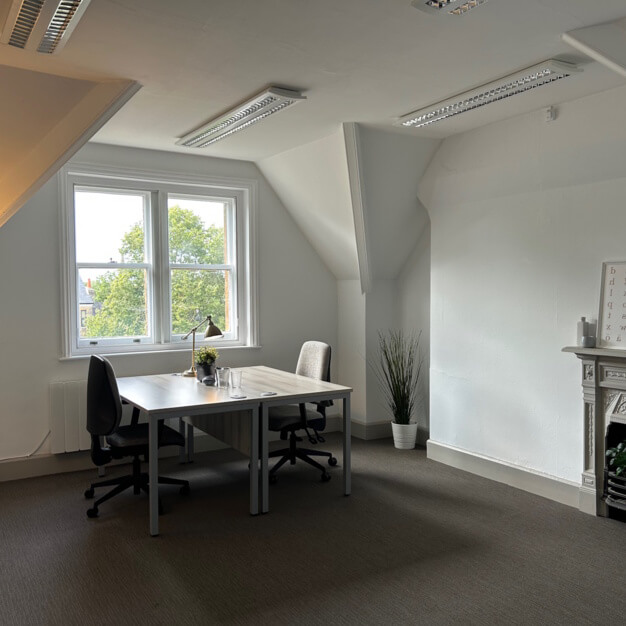


 Show Map
Show Map